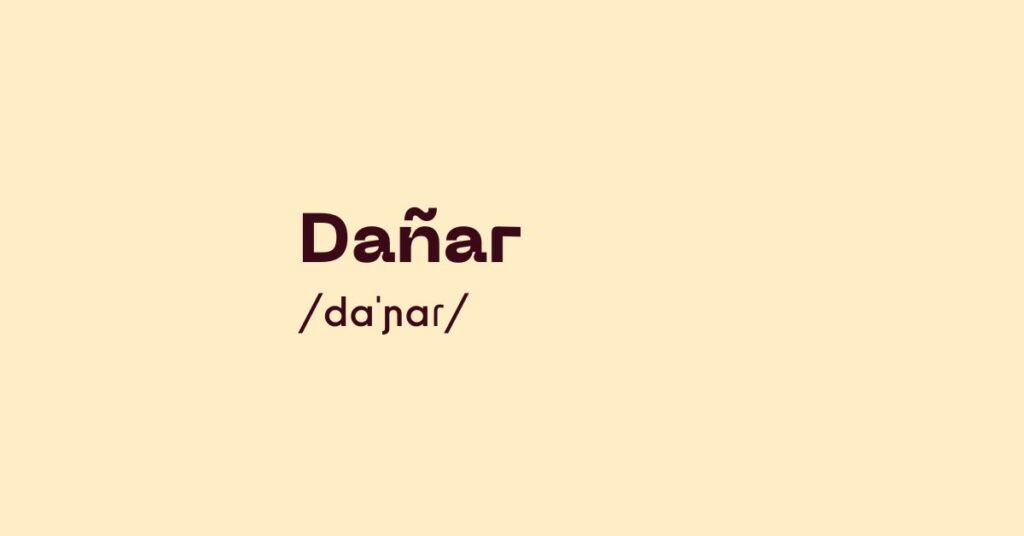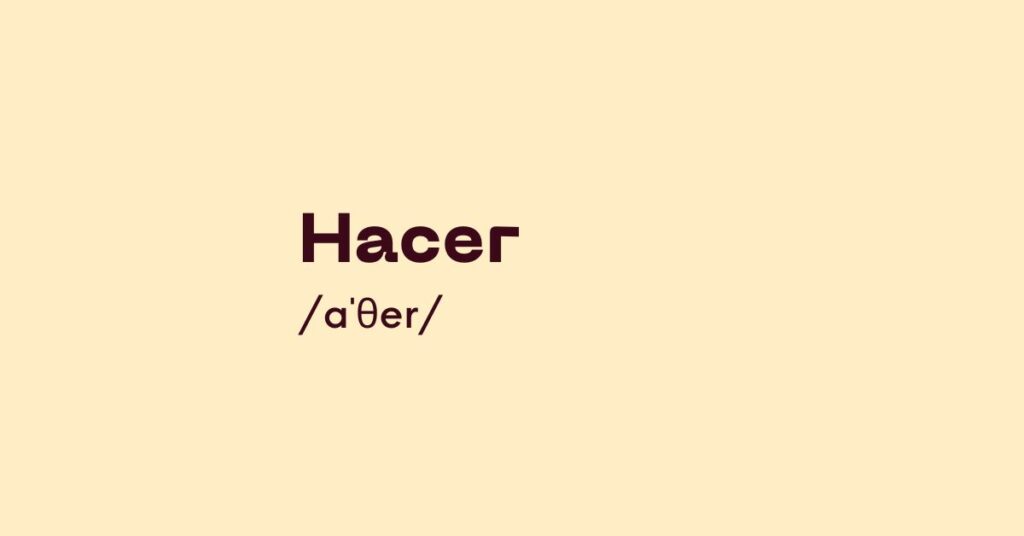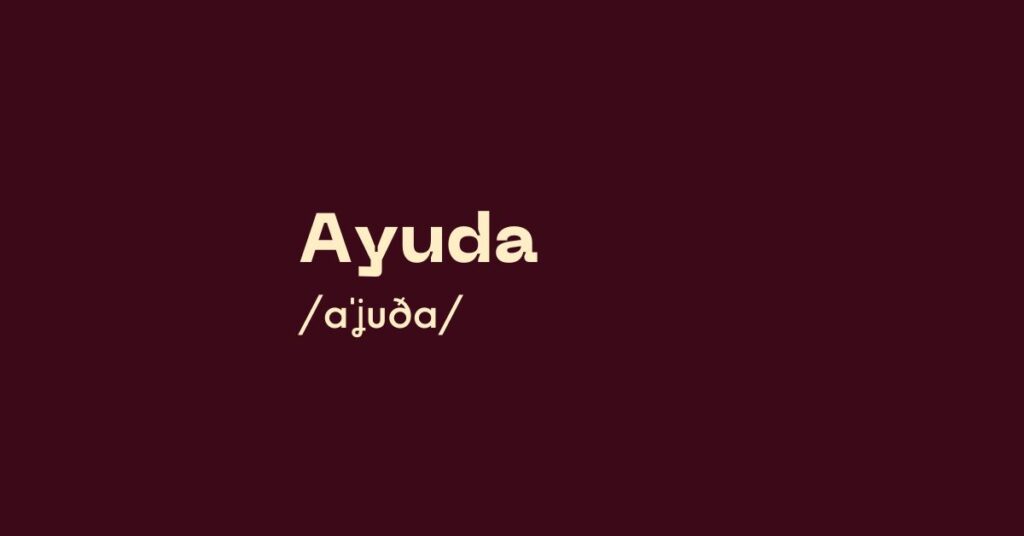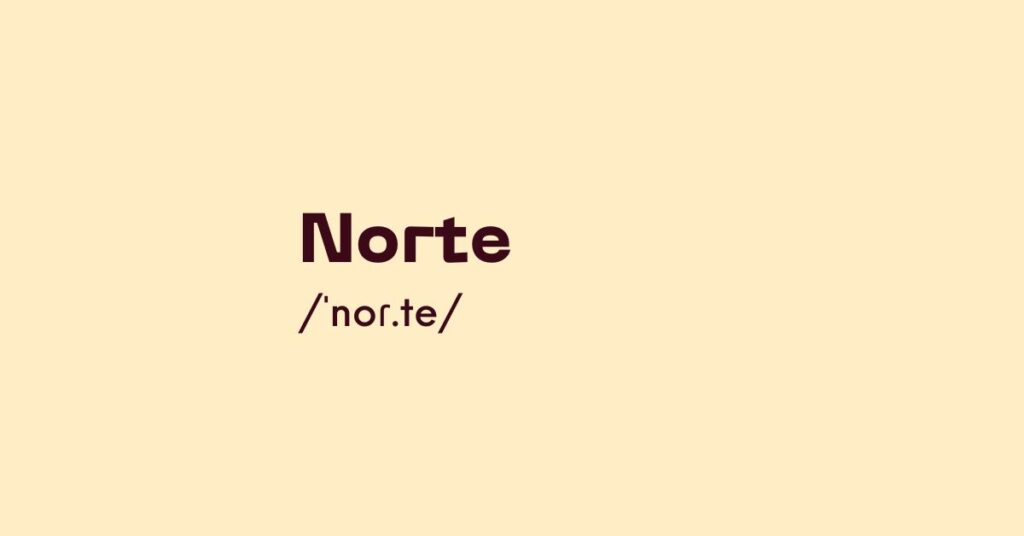Dañar
Today’s Spanish word of the day is “dañar.” It’s a verb meaning “to damage” or “to harm”. It can be used to refer to both physical damage as well as psychological hurt. Another way to talk about damage is to use the noun “daño” (“damage”), which is related to the verb dañar. This word can […]









